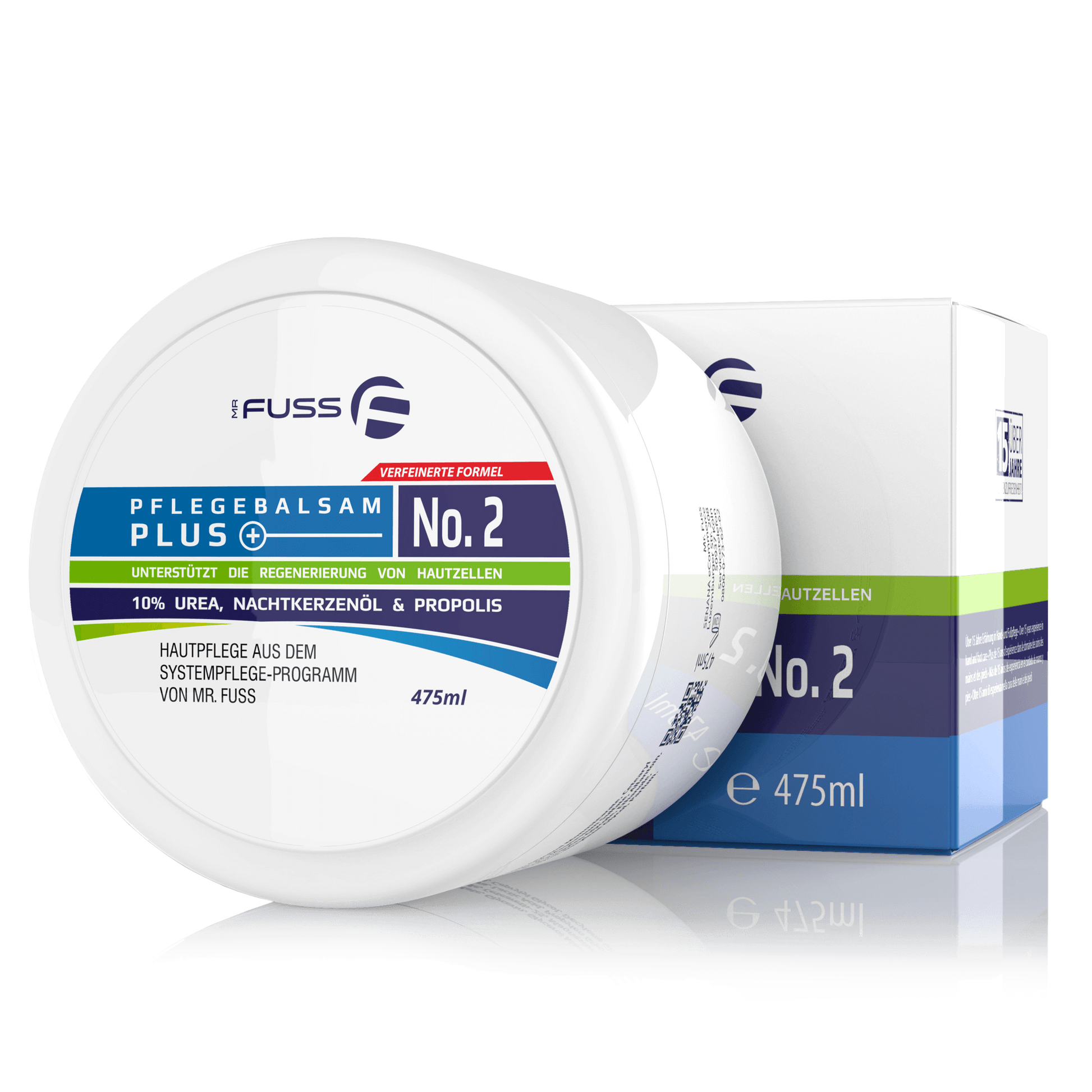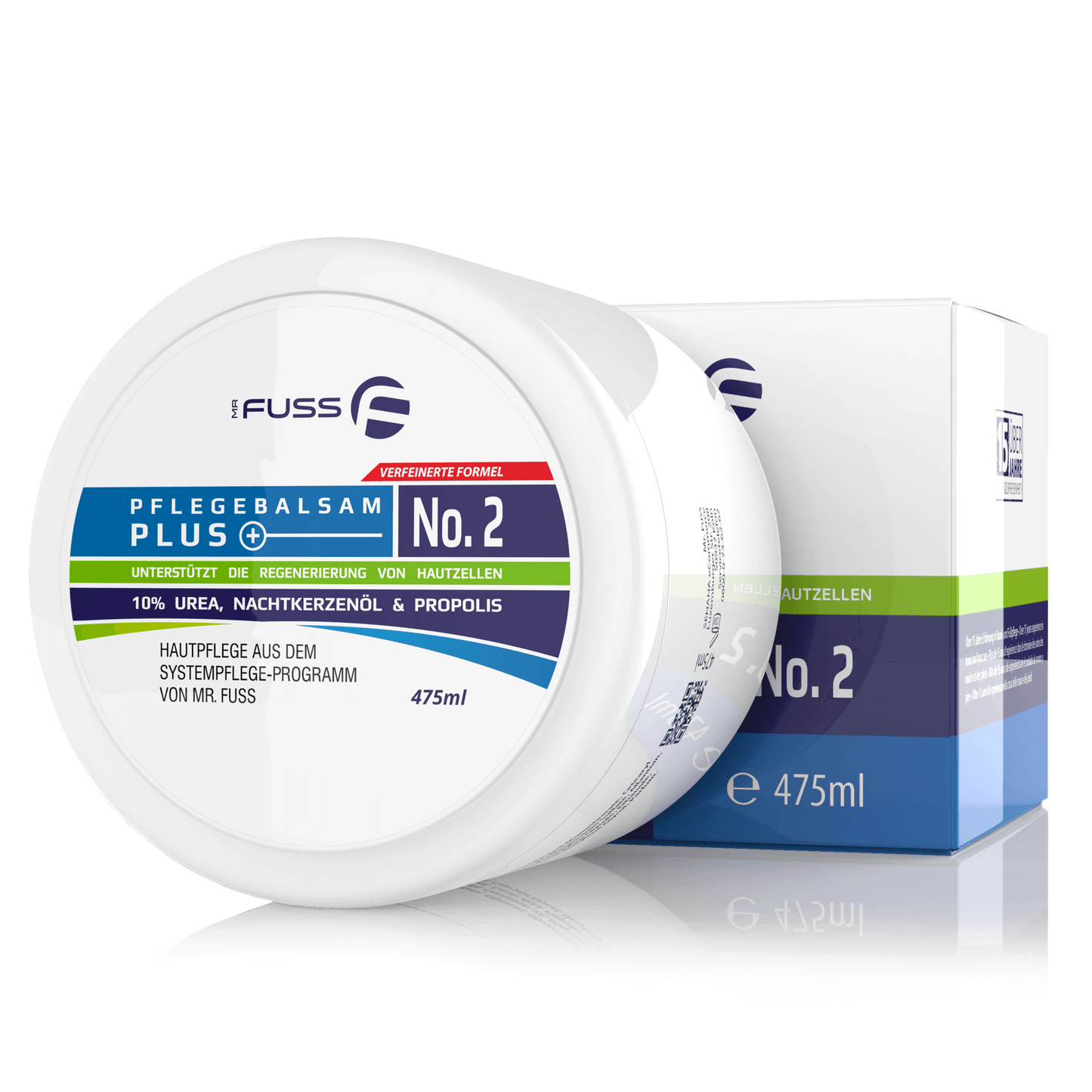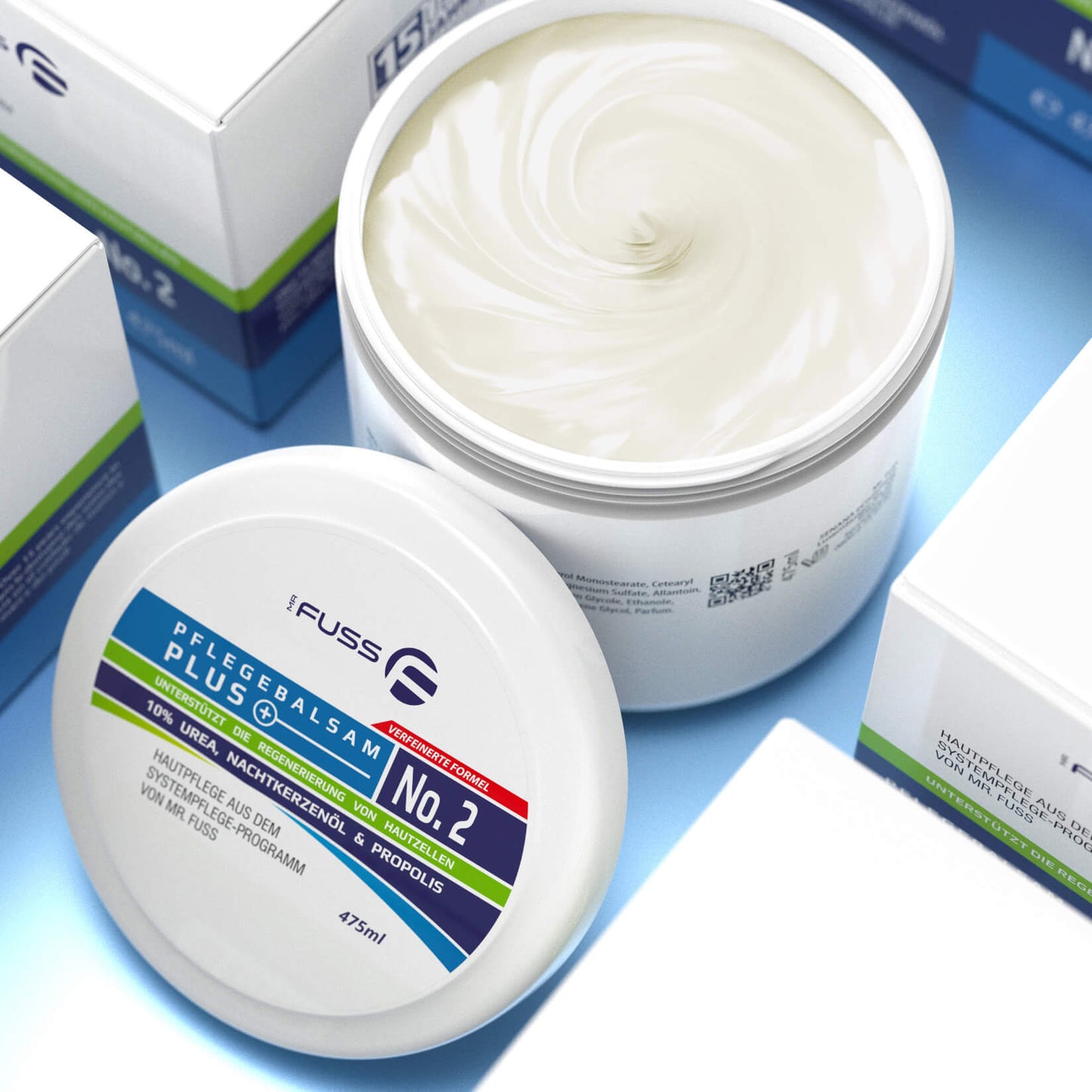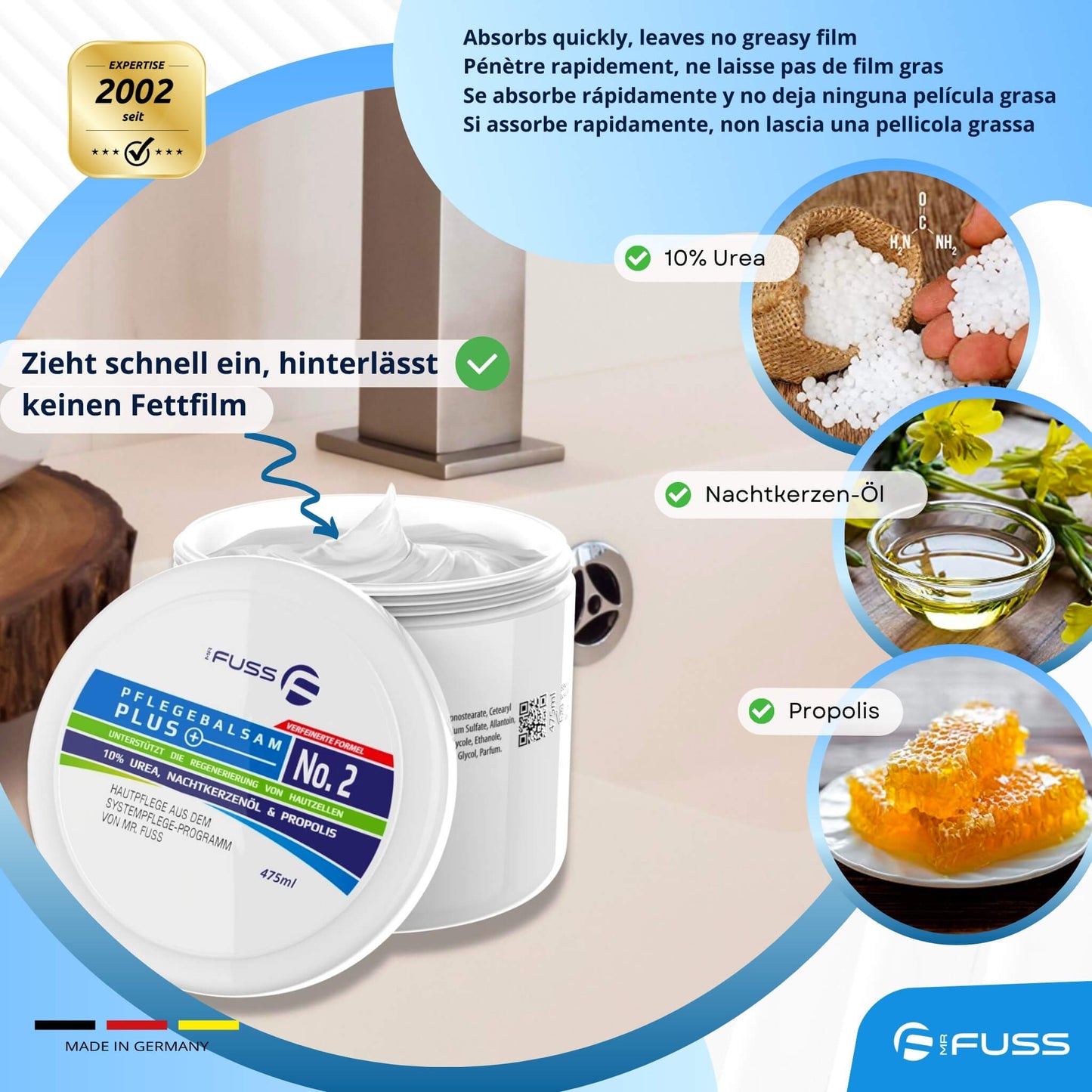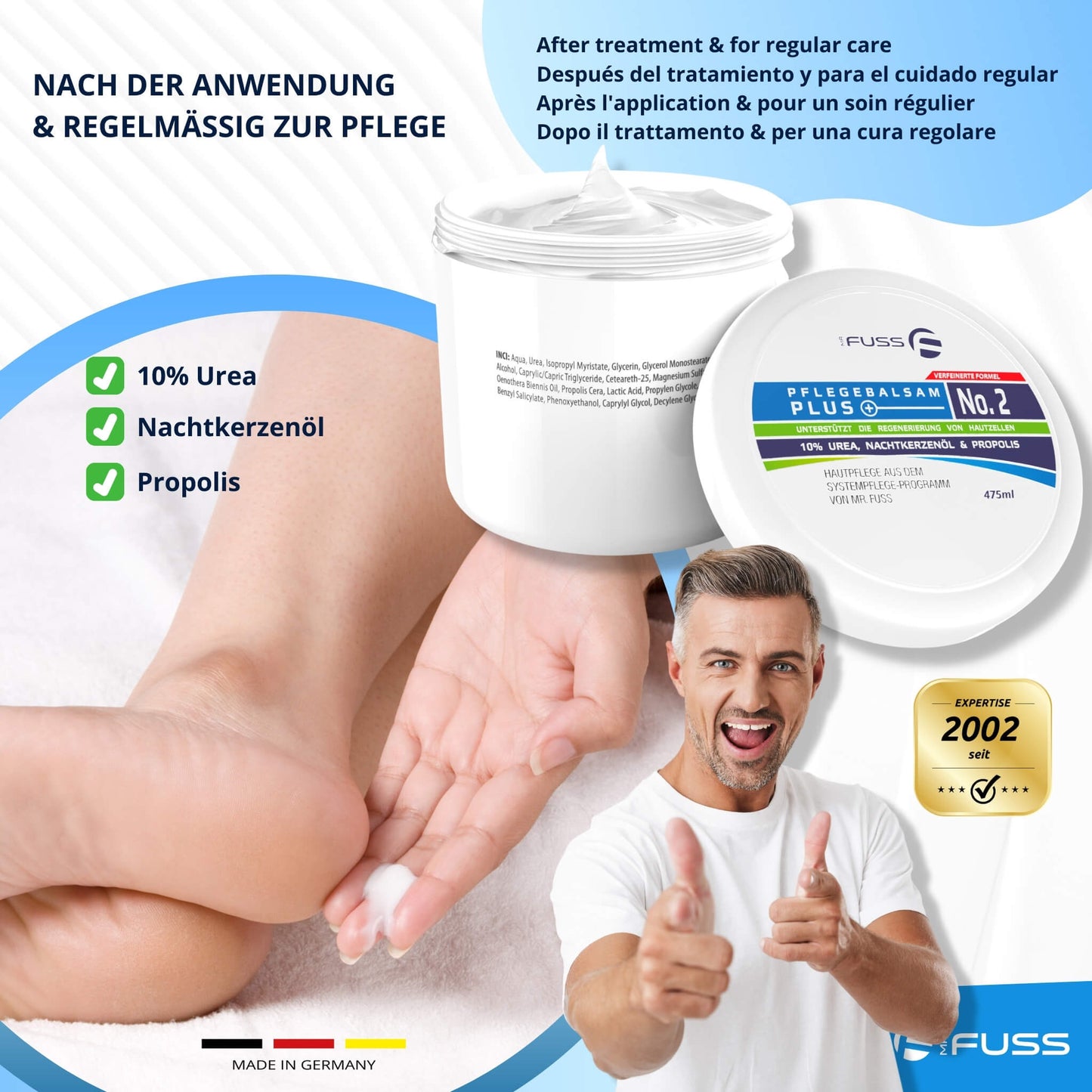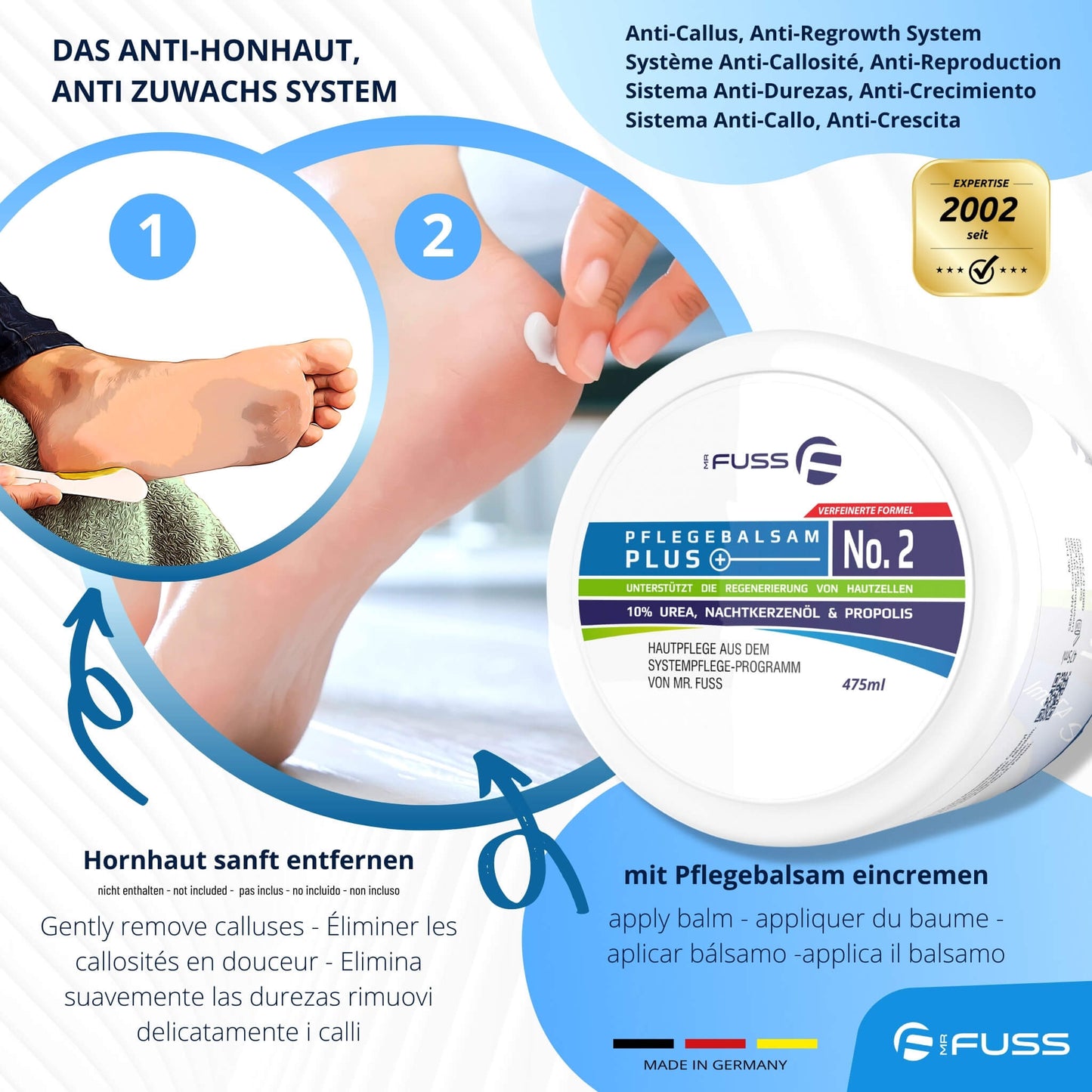Swollen feet in summer are not uncommon. The high temperatures lead fix to water retention. The result: the feet swell up. While the swollen feet are an aesthetic problem for some, others experience uncomfortably painful feet. This does not have to be the case. With the following tips, your feet will be slim again in no time.
Causes of swollen feet
Dehydration and lack of circulation lead to water retention in the tissues. Especially on the feet, the stores are quickly noticeable and your feet swell.
Swollen feet in summer
If temperatures rise above 30 degrees, the heat often makes itself felt on your feet. The body lacks sufficient fluids to compensate for the high temperatures. To gain supplies, your body stores water in the tissues and your feet swell.
Swollen feet due to excessive salt consumption
Those who like to add salt can also cause swollen feet. The salt binds the water and your legs and feet can swell.
Swollen feet before menstruation
Swollen feet in women can be hormone related. In this case, swollen feet occur shortly before menstruation. At the latest with the menstrual period, the feet also swell down again on their own.
Swollen feet during pregnancy
Swollen feet are common during pregnancy. The baby slows down the return flow of blood and ankles and feet swell.
In conjunction with high blood pressure or particularly rapid weight gain, you should consult your gynecologist. In an emergency, the symptoms may indicate pregnancy poisoning
Swollen feet due to hypothyroidism
In an emergency, swollen feet can also indicate hypothyroidism. The body is not supplied with enough of the hormones and water retention can occur.
If the swollen feet occur in conjunction with frequent fatigue, irregular menstrual periods or weight gain, you should contact a medical professional.

What helps against swollen feet?
With a few easy-to-implement remedies, your feet will quickly become less swollen. With these seven tips, your feet will soon fit into any shoe again.
1.) Drink enough
Since water retention in the foot is usually caused by a lack of fluids, it is often sufficient to drink enough. Depending on the weather and performance, you should take about 2.5- 3 liters of fluid daily.
Tip: Lemon water is particularly suitable. In this way, you additionally counteract deposits.
2.) Take drainage teas
Daily two cups of tea for drainage can quickly provide relief. You can use a special tea blend for this purpose. Alternatively, you can use capsules. Green tea and nettle tea also drain effectively.
3.) Eat draining foods
Your diet can also affect your feet. Reduce your salt intake and fatty foods. Instead, it's helpful to turn to dehydrating foods.
For example, potatoes, rice, watermelon and lettuce make water retention disappear.
4.) Consume enough magnesium
Magnesium relieves swelling. Therefore, it can pay to pay attention to the magnesium content of your foods. Nuts and bananas, for example, are good sources of magnesium. Alternatively, you can take magnesium in the form of a dietary supplement.
5.) Make sure you get enough exercise
Sufficient exercise is important for good blood circulation and thus for your feet. You don't have to do a fitness program to do this. A short walk every day already makes a lot of difference.
You can also move your legs every now and then. Stretch, bend and circle your legs and feet every now and then. Whether in front of the TV, in the office or in front of the coffee machine - consciously stimulate your circulation.
6.) Alternating showers for better blood circulation
Alternating showers also stimulates blood circulation. You can shower your whole body alternately or just legs and feet. This way you stimulate your blood circulation and circulation. Always end the shower with cold water.
7.) Cooling helps with acute pain
Cool your feet with cold compresses or take a cold foot bath. This will relieve the pain and swelling for now.



